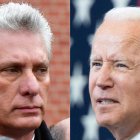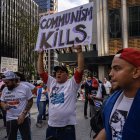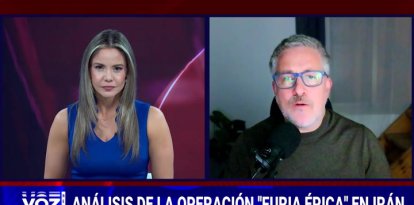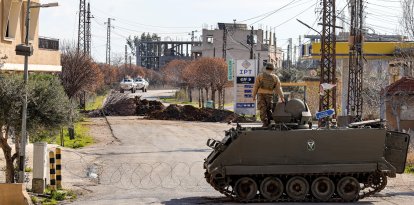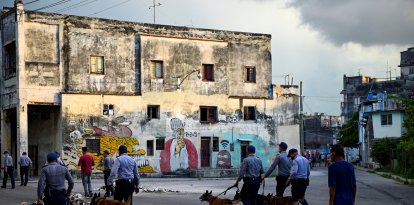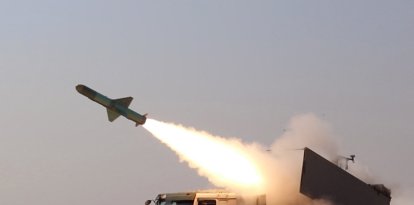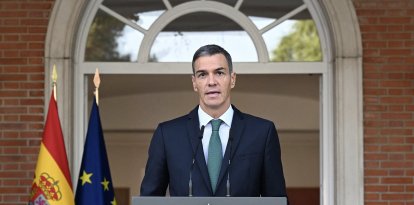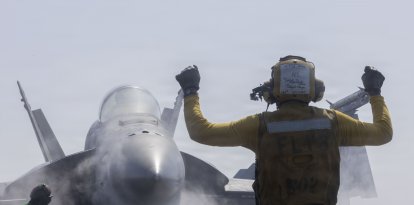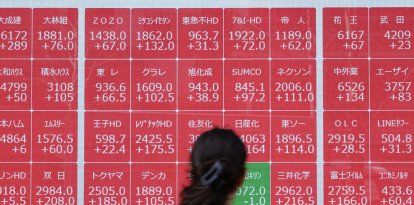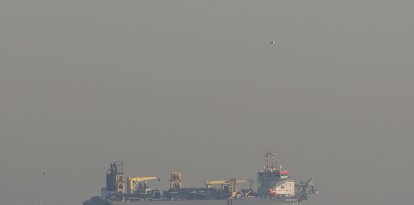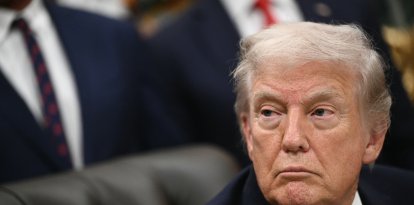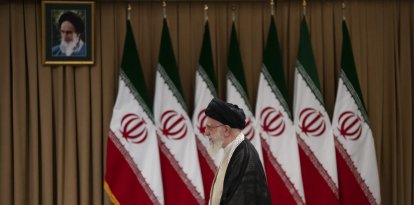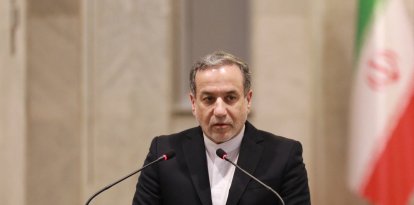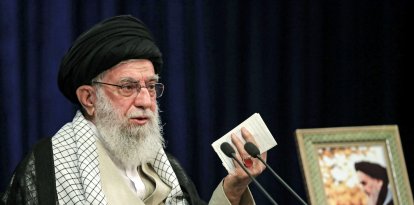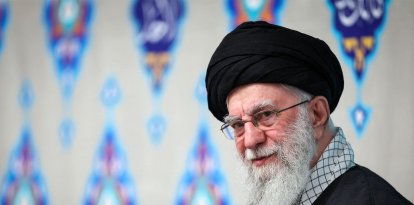Biden and the Vatican negotiate with Cuba a release agreement that leaves political prisoners without real freedoms
The Cuban regime warned that the measure does not imply amnesty or pardon, but is conditional on compliance with strict rules of conduct.
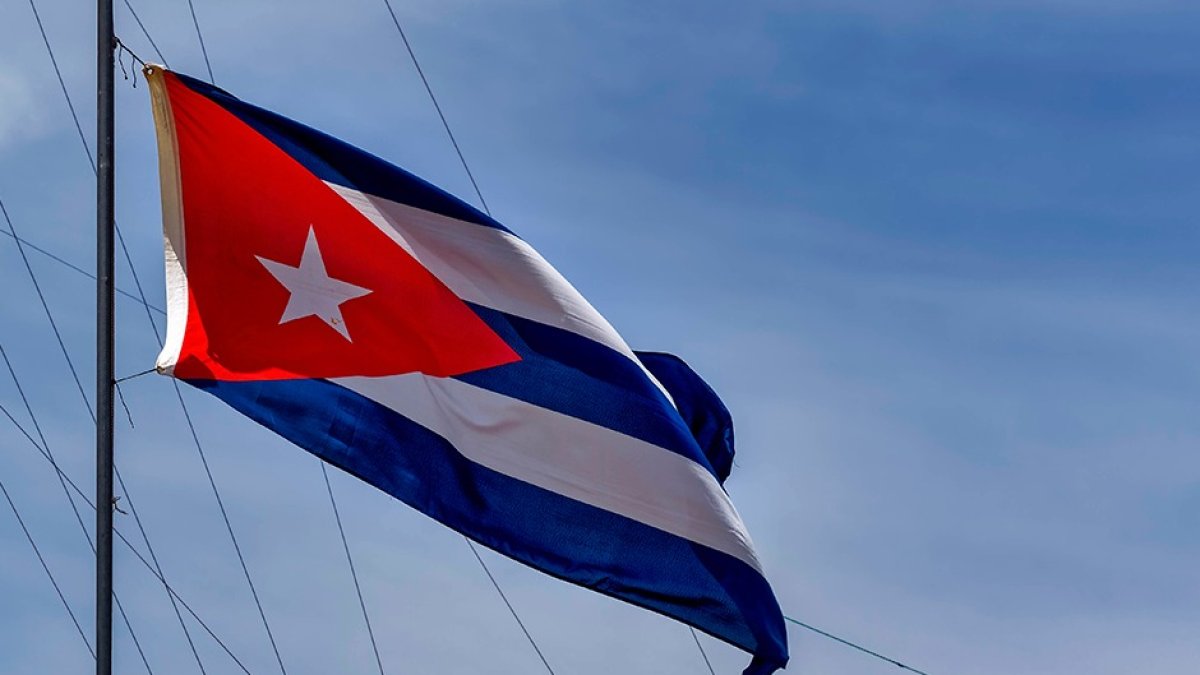
Cuban flag
US President Joe Biden and the Vatican negotiated with the Cuban regime an agreement for the release of 553 prisoners, a move that, although presented as a "goodwill" measure, leaves the government's political opponents without real freedoms.
This Wednesday, Cuban authorities began the progressive release of prisoners, but have made it clear that the measure does not imply amnesty or pardon, but is conditional on compliance with strict rules of conduct.
Strict conditions for release
In statements to state television, Sosa stressed that this conditional release does not extinguish the sanctions imposed. "It is neither an amnesty nor a pardon. Why? Because amnesty and pardon entail the total extinction of the sanction," he said. In addition, he warned that the courts have the power to revoke the measure if those released fail to comply with their obligations.
The release will be carried out progressively and will mainly benefit people convicted of crimes such as theft, robbery, threats, injuries and disorderly conduct. However, the list also includes those sentenced for sedition, a common offense following the July 11, 2021 (11J) anti-government protests.
Among the first released are Dariel Cruz García, Lisdiany Rodríguez Isaac and Donaida Pérez Paseiro, who, according to leading human rights organizations, are considered political prisoners.
Political context and international impact
It comes a day after the United States decided to remove Cuba from its list of countries sponsoring terrorism. From the White House, it has been pointed out that the release of the prisoners could be part of an agreement facilitated by the Catholic Church, whose intervention is considered fundamental to the process. However, the Cuban regime has attempted to disassociate the two events, maintaining that the release is a sovereign decision and is not influenced by external pressures.
In a letter addressed to Pope Francis, Cuban President Miguel Díaz-Canel highlighted the "fluid and close relations" between Cuba and the Vatican, stressing that the release of the prisoners is carried out in accordance with Cuban law and within a humanitarian approach. However, international analysts argue that, although the Cuban government presents this gesture as an act of good will, it could be a strategy to consolidate its control over those who challenge its authority.
Historical Context of the releases
This is the first such release since 2019, when authorities pardoned 2,604 inmates. In 2015, 3,522 prisoners were released as a "humanitarian gesture" for the visit of Pope Francis.
According to a report by the Observatorio Cubano de Derechos Humanos, the situation on the island remains critical, with more than 1,000 political prisoners as of last December. Among them are the elderly, people with serious health problems and citizens whose only "crime" has been to peacefully express their discontent. The NGO has urged the international democratic community not to ignore this reality.





